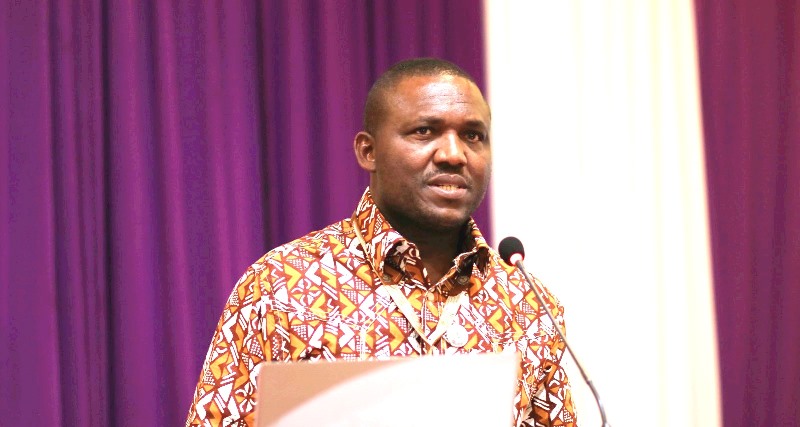
The International Labour Organisation (ILO) has warned economies of the tension ahead that could jeopardise the recent advances in the world of work.
The call was made at the opening session of the 112th International Labour Conference (ILC) currently taking place in Geneva, Switzerland.
Director-General of the International Labour Organisation (ILO), Gilbert Houngbo, in his opening address, said there has been no respite in geopolitical tensions, noting that the hotspots have intensified.
He said the appalling situation in the Middle East has added to the existing crises, mentioning the shocking conflicts in Gaza, Yemen, Sudan, Haiti, Ukraine and the eastern part of the Democratic Republic of Congo, among others, remained major issues for humanity and, more particularly, for multilateralism.
Houngbo warned that crises that kept coming one after the other could jeopardise some positive and encouraging advances witnessed before now.
The ILO chief stressed the need to make social justice the foundation of lasting peace, shared prosperity, equal opportunities and a just transition.
For instance, he expressed a feeling of “ambivalence” at the current state of the world of work, stating that all regions, to varying degrees, have returned to the level of economic activity seen in the pre-pandemic period.
He said effective action by central banks to curb inflation has also contributed to this positive development, which he mentioned could provide some relief for the recently battered purchasing power of workers.
He maintained that global macroeconomic prospects are stable, even as he quoted the International Monetary Fund (IMF) forecasting growth in global gross domestic product (GDP) of 3.2 per cent in 2024 and 2025, which he said was quite stable compared to 2023.
He said the surges in inflation should abate, with inflation decreasing from 5.8 per cent in 2024 to 4.4 per cent in 2025.
With the figures, he hopes that they could relieve the purchasing power of workers, which he said has been badly affected.
As regards the labour market, Houngbo recalled that ILO projections indicate a global unemployment rate of 4.9 per cent for both 2024 and 2025, marking a modest decrease from the five per cent recorded in 2023.
He said the unemployment rate of 4.9 per cent translates to a total of 183 million unemployed persons throughout the world.
Stating that the unemployment rate measurement does not include those workers who, for various reasons, have left the labour market and no longer have a job, “although their profound desire to have one remains intact.”
As a result, Houngbo said ILO specialists have devised a new index, the job gap, to make up for the failure.
He said: “The job gap remains high, according to our forecasts – 402 million in 2024, although we should note that it has fallen in comparison to 2022, when it was 473 million.
“The job gap for women in low-income countries stands at 22.8 per cent, as opposed to 15.3 per cent for men, while in high-income countries the rate is 9.7 per cent for women and 7.3 per cent for men. In the labour market, 45.6 per cent of women have a job, compared to 69.2 per cent of men. These inequalities are in addition to those constituted by the wage gap between women and men.
“Furthermore, the battle against informal employment appears to be running out of steam. Formal employment creation has not kept up with the increase in the working-age population. The number of informal workers has increased from about 1.7 billion in 2005 to 2.0 billion in 2024.
“The same duality exists in the perceptions of artificial intelligence and its consequences for the labour market. Our analyses show that most professions are enhanced by technology rather than just being automated.”
“Benefiting from the opportunities offered by artificial intelligence constitutes an alternative rather than a threat, provided of course that we make a decisive investment in upskilling, vocational training, the acquisition of new knowledge and retraining.
“The ILO will intensify its research in this area and, in particular, to the effects on the labour market and also on the intrinsic value of labour.”













